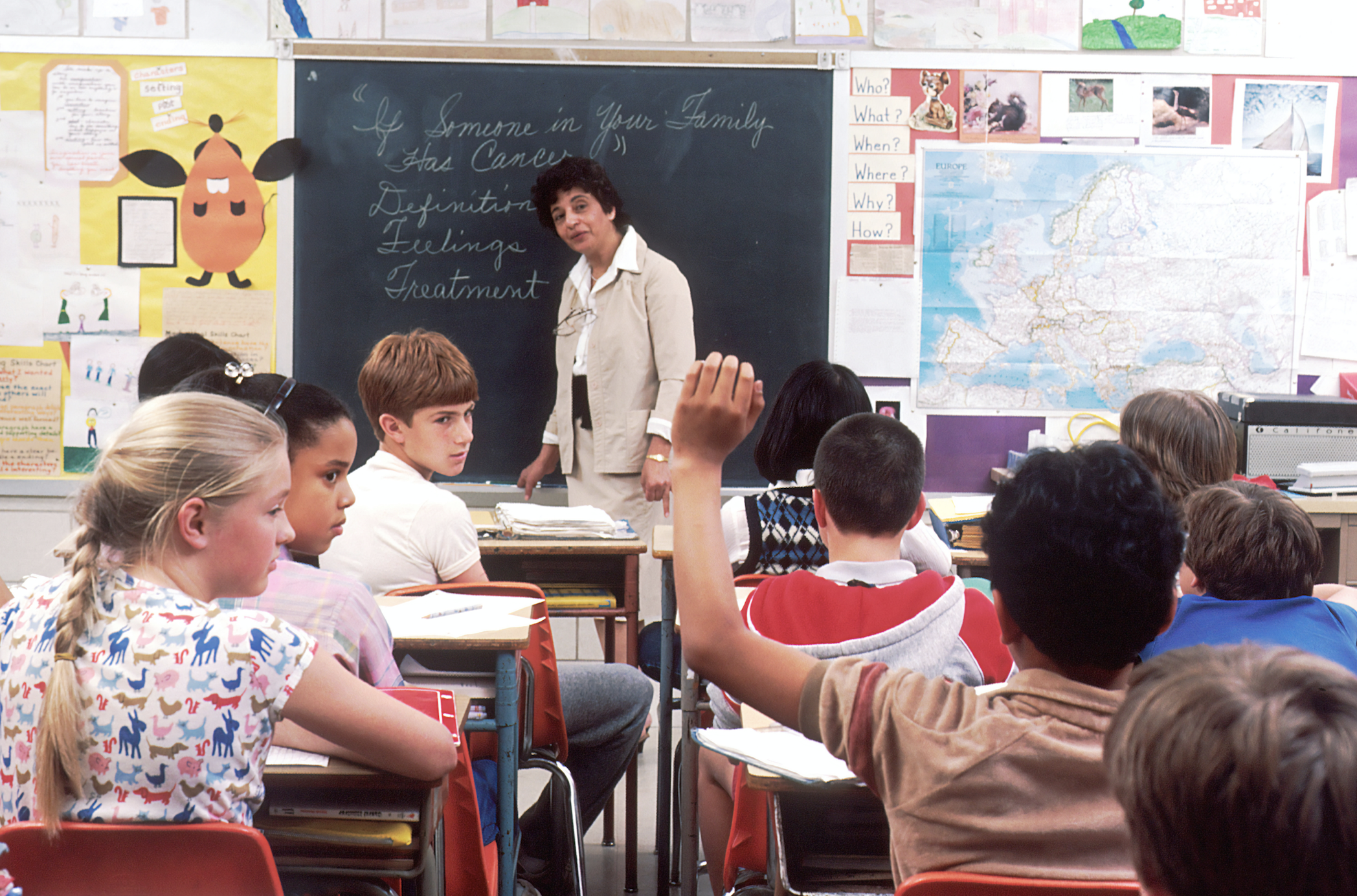A policy that sees Indigenous students boarding away from their communities to pursue advanced learning opportunities is having the opposite effect, according to a new study released by The Australian National University (ANU).
The study, led by Dr Marnie O’Bryan and Dr William Fogarty from the Centre for Aboriginal Economic Policy Research (CAEPR), followed the educational journey of 100 students from a remote community in the Northern Territory over a period of 10 years.
They found that over half of the students left school in year seven or eight, and never continued their educational journey.
Dr O’Bryan found that young people in remote communities were leaving school due to feelings of social and cultural isolation, which comes from feeling unhappy being away from country.
“The youngsters found themselves academically unprepared for mainstream secondary education,” she said.
“These young people are exiting the education system in their early teens never to return.”
The off-country boarding policy is funded by the Australian Government under the Indigenous Advancement Strategy (IAS), which has a key focus on improving education opportunities in Indigenous communities.
An analysis of Indigenous secondary boarding education was released in 2019 by Grant Thornton Australia, highlighting key recommendations to improve support and investment into boarding education for Aboriginal and Torres Strait Islander students.
However, the recent study from the ANU suggests developing a plan to set up an on-country secondary school could be more beneficial.
Co-author of the report Dr Fogarty said that having to move off-country is the likely cause of students leaving the education system.
“Being disconnected from family and community causes great anxiety for young people; they suffer acute homesickness and anxiety about their families back home, many of whom are experiencing bereavement or health problems,” he said.
Dr Fogarty said the findings from this community could be generalised to the rest of remote Australia, but further research into secondary education in remote Indigenous communities would be favourable to improving the education system.
The research was carried out after elders expressed concern regarding available education opportunities in their community, which is several hours’ drive from Darwin.
“The community was very clear they want a school on country for their young people that they have a hand in shaping and running,” Dr O’Bryan said.
“Young people were very clear they wanted to remain connected to community and family, to country, culture and language.”
Photo: Children in a Classroom by National Cancer Institute HERE and used under a Creative Commons Attribution. The image has not been modified.






